BVNK
Stablecoins are a type of digital asset pegged to a fiat currency and backed by real-world assets like bonds. The two biggest are USDC and Tether, which issues USDT.
BVNK’s core technology is effectively a payments rail to facilitate transactions in stablecoins globally, allowing customers to move money from fiat into the cryptocurrency and back.
The company declined to disclose the sum that Citi invested or its current valuation. But Chris Harmse, co-founder of BVNK, told CNBC in an interview that its valuation is higher than the $750 million that was publicly disclosed at its last funding round.
The investment was made by Citi Ventures, the venture capital arm of Citigroup.
Stablecoins, once just a tool for people to trade quickly in and out of other cryptocurrencies like bitcoin, are now being seen as a potential key tool for cross-border transactions due to the speed to send and receive them, the low cost and 24/7 settlement.
There were nearly $9 trillion worth of stablecoin transactions over the last 12 months, according to Visa, while the current valuation of all stablecoins in existence stands at over $300 billion, Coinmarketcap data shows.
U.S. growth
BVNK’s Harmse said the company is seeing momentum, especially in the U.S., which has been its fastest-growing market over the last 12-18 months thanks to what is seen by the crypto industry as a more favorable regulatory environment.
Earlier this year, the U.S. passed the GENIUS Act, a bill designed to regulate and bring more clarity to the stablecoin market.
“You are seeing with the GENIUS Act coming through, and regulatory clarity, an explosion of demand for building on top of stablecoin infrastructure,” Harmse told CNBC.
BVNK’s technology can be used by customers to pay suppliers, contractors or merchants in other countries. The company is looking to expand its customer base, including to digital-only banks or neobanks that may use stabelcoins for their core checking account, Harmse said.
The co-founder declined to get into the specifics of the company’s work with Citi as it’s “too early to announce” but noted the Wall Street bank has been bolstering its cross-border payment services.
“U.S. banks at the scale of Citi, because of the GENIUS Act, are putting their weight behind … investing in leading businesses in the space to make sure they are at forefront of this technological shift in payments,” Harmse said.
Citi signaled its step up into crypto this year. CEO Jane Fraser said in June that the company is considering issuing its own stablecoin and is interested in offering custodian services for crypto assets.
BVNK has “dipped in and out of profitability” as the company has invested in growth, Harmse said, adding that the company is on track to be profitable next year. BVNK is also backed by Coinbase and Tiger Global.
The startup is playing in a highly-competitive space with other newcomers like Alchemy Pay and TripleA and established players like Ripple trying to get a slice of the cross-border digital money pie.
Wall Street welcomes crypto
Citi isn’t alone in embracing digital assets when it comes to major U.S. banks and financial institutions.
JPMorgan Chase launched its own stablecoin-like token called JPMD this year. The bank also made the decision this year to allow clients to buy bitcoin.
Banks have been looking at how to use blockchain, a technology originally developed to underpin bitcoin, to lower the cost and speed up transactions of many kinds. Part of this involves “tokenization” which broadly means the idea of issuing a digital token that represents something such as a deposit.
Bank of New York Mellon, for example, is exploring tokenized deposits. HSBC has already launched a tokenized deposit service.



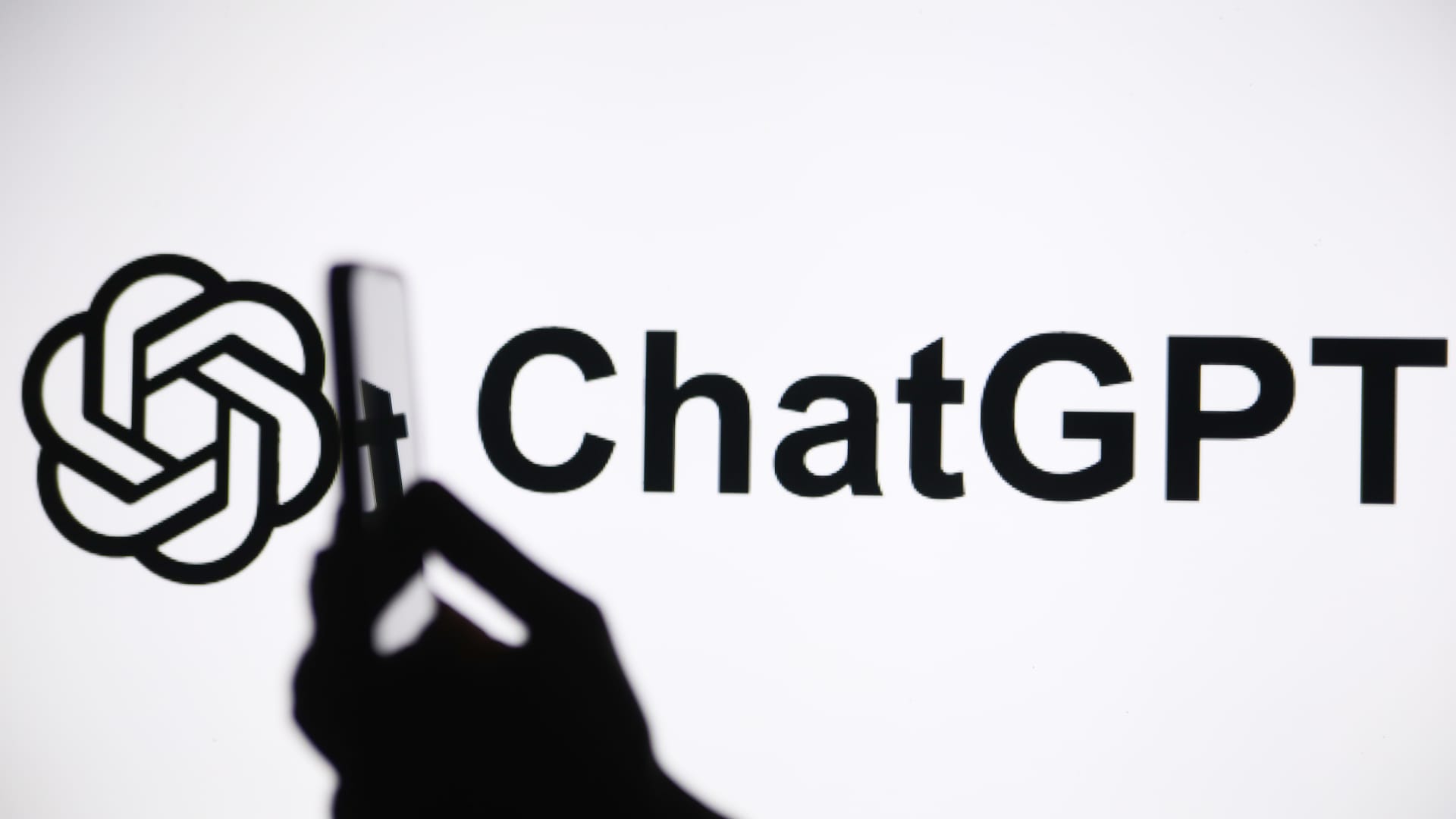


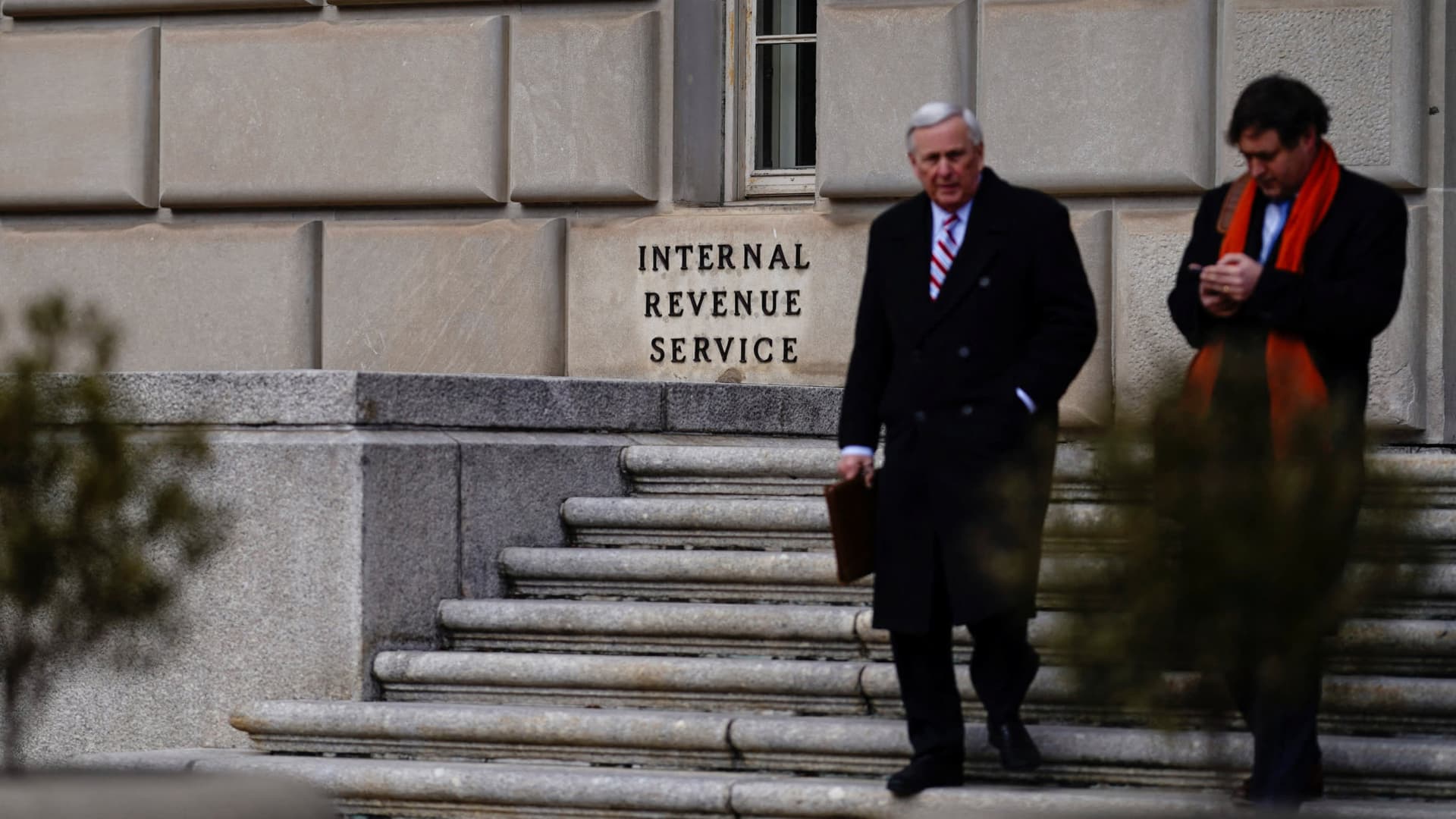

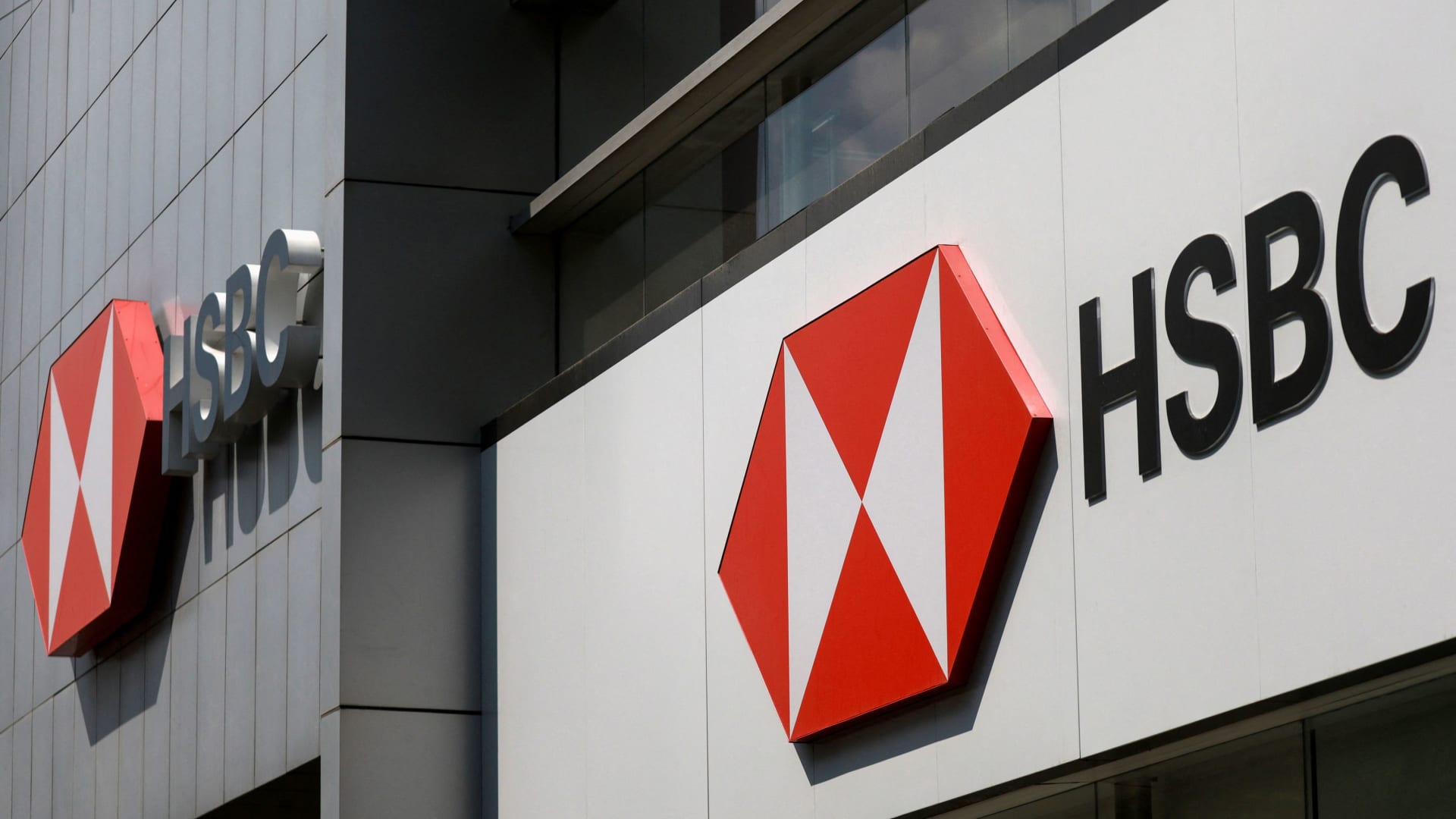
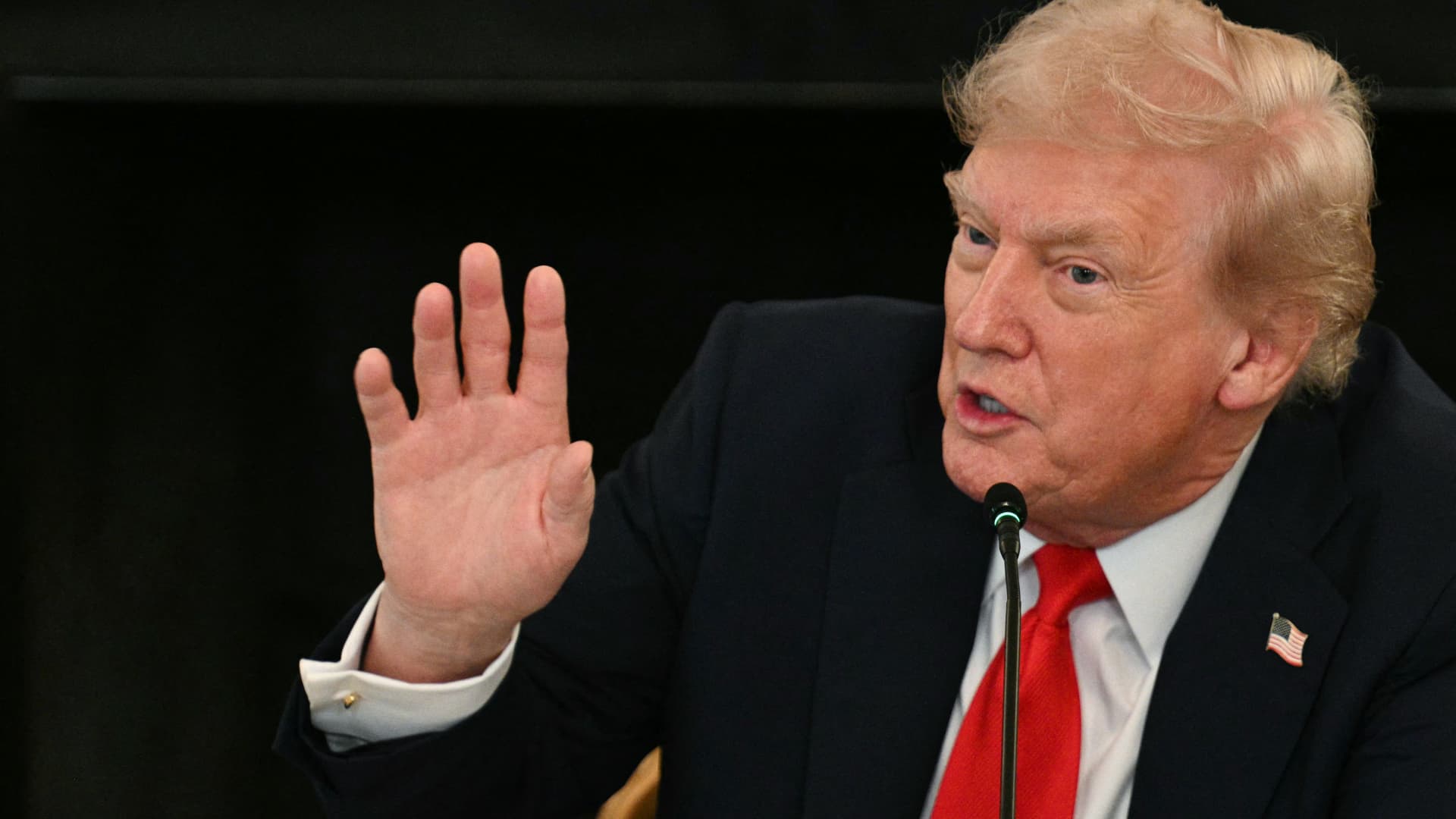


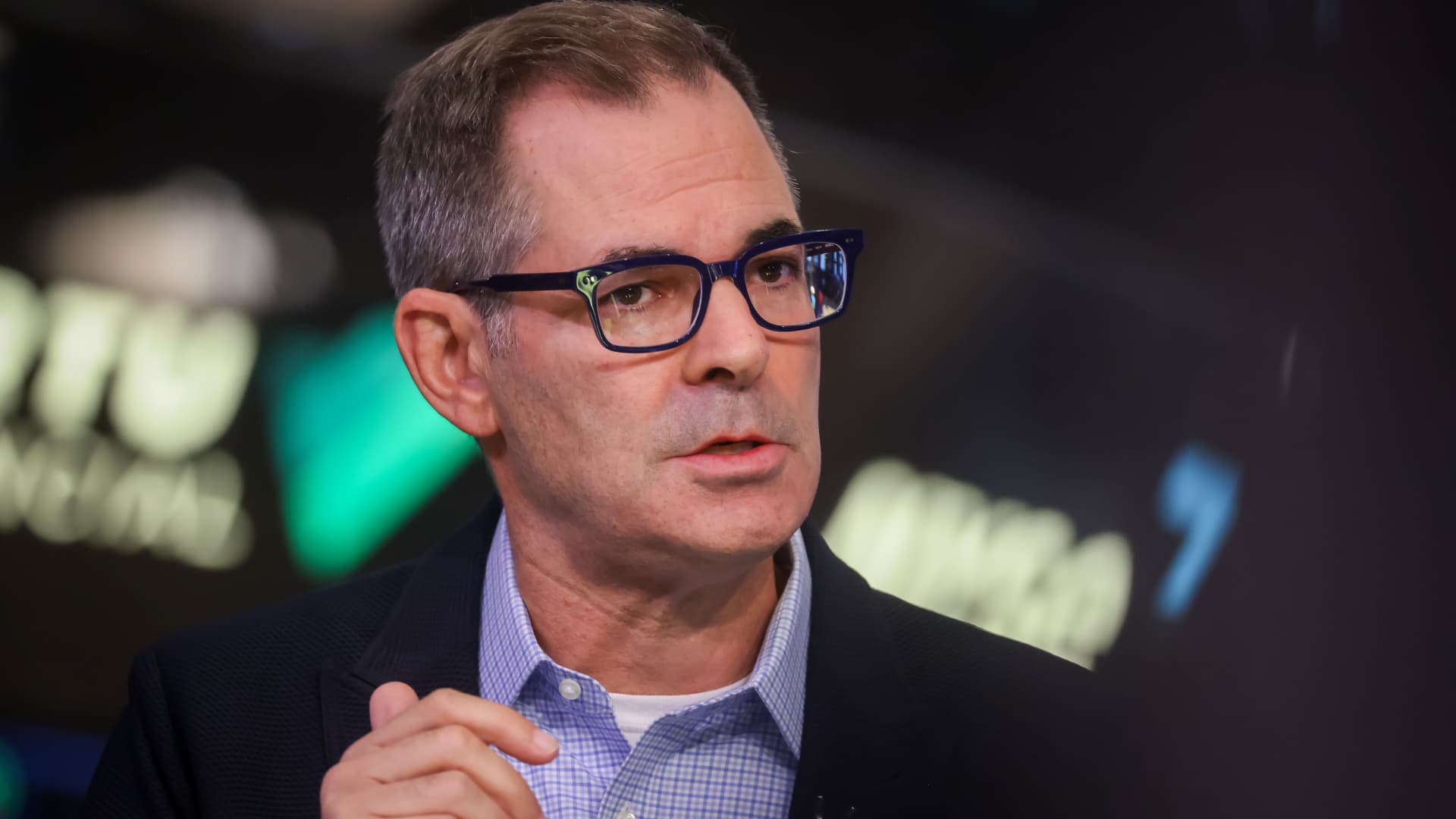



Leave a Reply